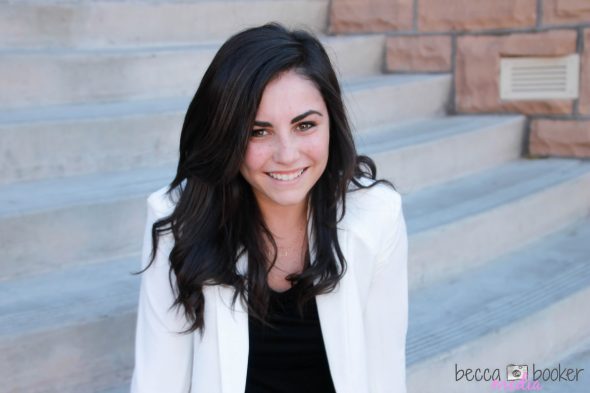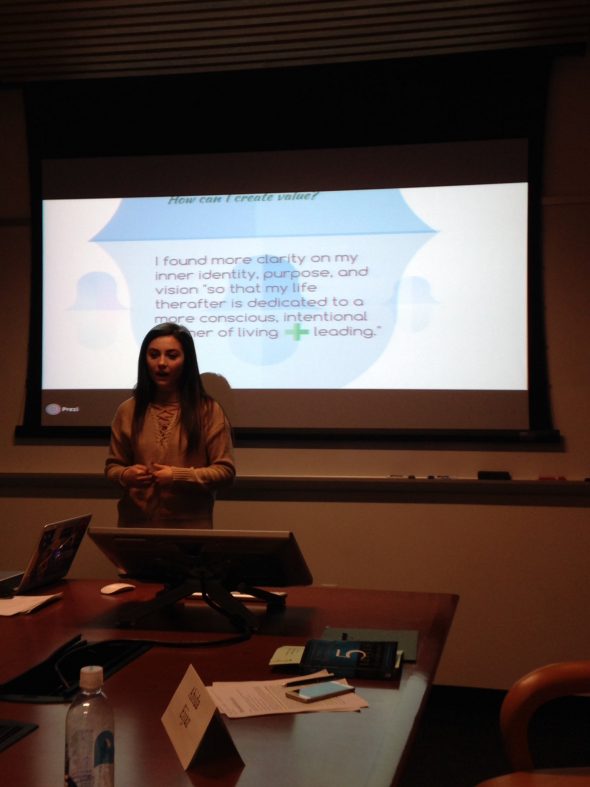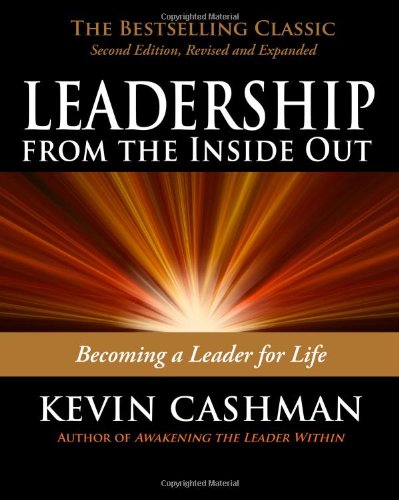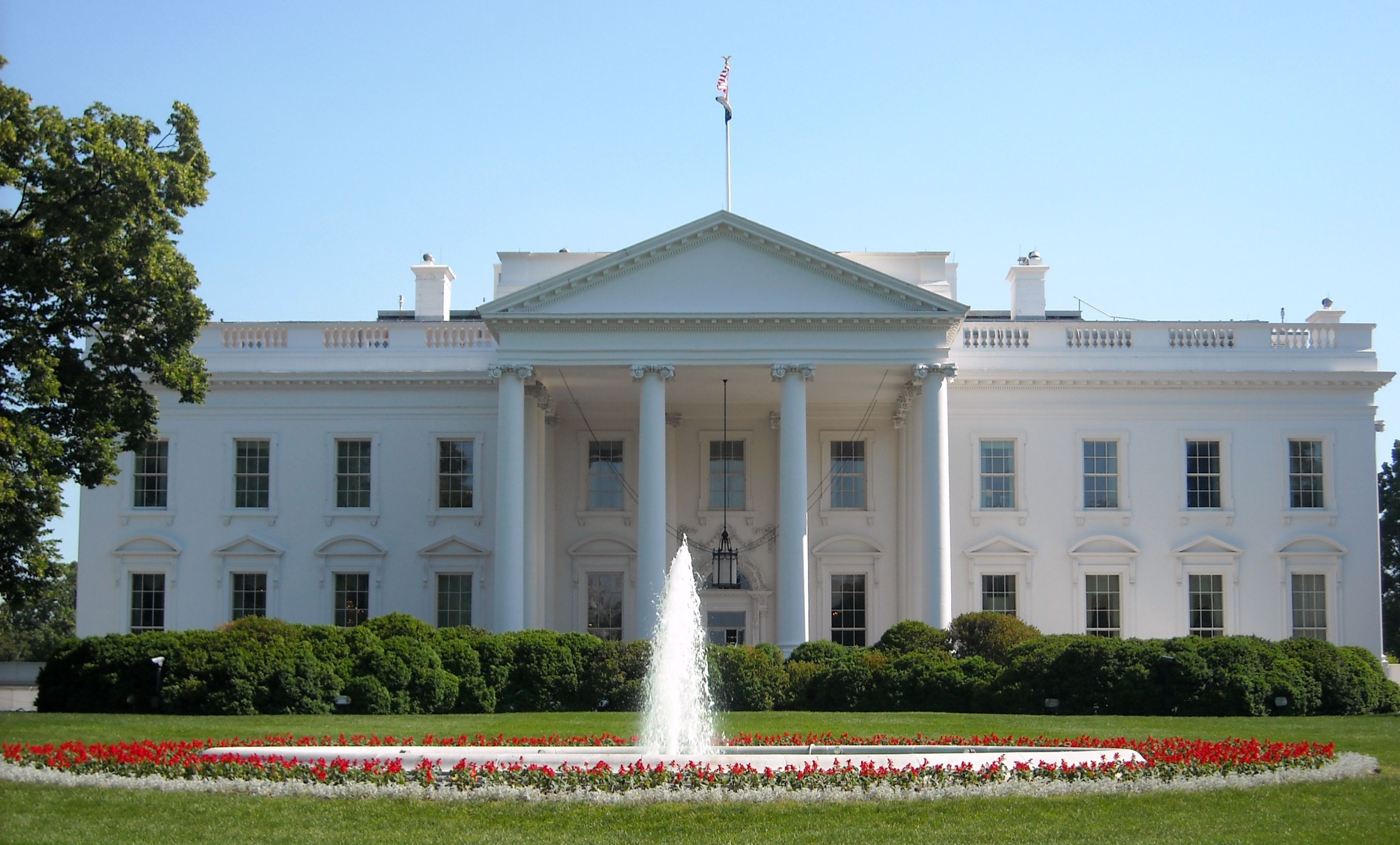
The Humphrey Fellowship Seminar was not what I expected. I knew I would learn a lot from the international professionals, but I did not know I would learn so much about myself.
I deeply appreciate the focus on leadership. Throughout the semester, we discussed leaders, leadership values, ethics, and various leadership books.
For instance, I read Leadership From the Inside Out: Becoming a Leader for Life by Kevin Cashman.
I was surprised by how much inner discovery I did while reading this book. Instead of looking at leadership as an external experience, Cashman explains leadership in the terms of your own values.
My leadership plan is in its infancy. As I read more books like this, experience more real-life leadership circumstances, and “fail” as a leader more often, my leadership plan will expand and contract accordingly.
It’s a breathing thing.
I feel confident is some parts of my leadership core abilities. For instance, I have always felt strongly about my personal values and beliefs.
As a group project this semester, I studied and gave a presentation on Malala Yousafzai’s leadership. As a child, teenager, and young adult, she obviously had very strong values and beliefs. I easily connected to this part of her, which made me feel even more confident in my beliefs.
I believe in leading with love and emotion. I believe in being open and vulnerable at points, authentic according Cashman.
I also prioritize listening to others and showing them I care. I want everyone to know I am there for them. I am a present leader.
One of the most exciting parts about this class is now being able to voice my life purpose. Drumroll please…
My purpose is to use presence, emotion, and selflessness to be a catalyst for understanding and change.

I feel like such a grown up! All jokes aside, being able to voice my purpose gives me great hope for my future. Try to find yours—you’ll be so happy when you write it down and it fits you perfectly.
Now on to the negatives. My leadership plan is based on balance. I need to learn to balance my good skills and improve my bad skills.
For instance, I’m not sure where I stand on relationship development. Now before you judge, I have friends, professors like me. But, as I read Leadership From the Inside Out: Becoming a Leader for Life, I realized that in many personal relationships, I try to exert leadership.
I need to delve further into myself and my needs to better categorize what relationships I should be a leader in.
This class has also reinforced that I am not great with change.
I find “my calm” in stability and routine, so the exact opposite of change! As a leader, I need to become more comfortable with ambiguity, be quicker to adapt, and continue to learn to control my anxiety.
For example, throughout my academic life, I have found syllabi extremely nerve-wrecking. It is the epitome of change—my classes are changing, the expectations are changing, and I may not completely understand the wording (aka ambiguity).
Even Dr. Bill’s flight plan scares me! Although this isn’t positive, it’s good I can recognize my weaknesses and apply a plan to diminish these negatives.
To do this, my leadership plan includes exploring my need for control. I am very used to using control to create stability. But, I need to look at how it may hold me back.
I also have been encouraged throughout the semester, through deep thought, to meditate and practice “mind stretching.” Cashman describes this practice as trying to build my comfort with stressful circumstances.

Last of all, my leadership plan includes improving my reaction to conflict. I have always avoided conflict at all costs. But, with continued reinforcement of authenticity and trusting myself, I will learn that constructive conflict will make my projects even more successful.
For any Barrett students thinking about taking the Humphrey Seminar, do it. But expect to dig deep and sometimes feel uncomfortable.
For those of you who are no longer students, a leadership plan is still accessible. Ask yourself what your strengths are and what value they have. More importantly, inspect your weaknesses and how you can decrease their negative affect and use them to work further for your life’s purpose.

